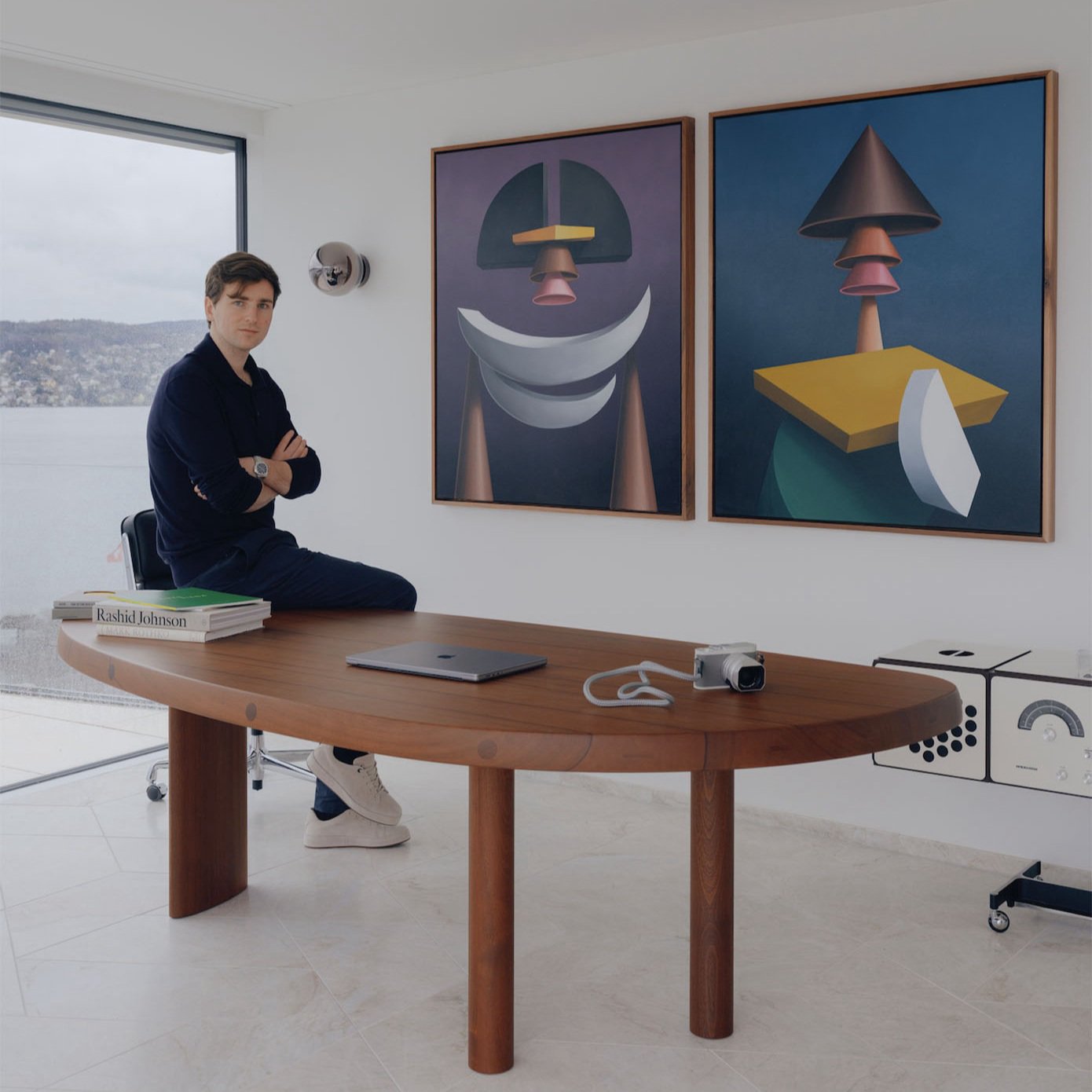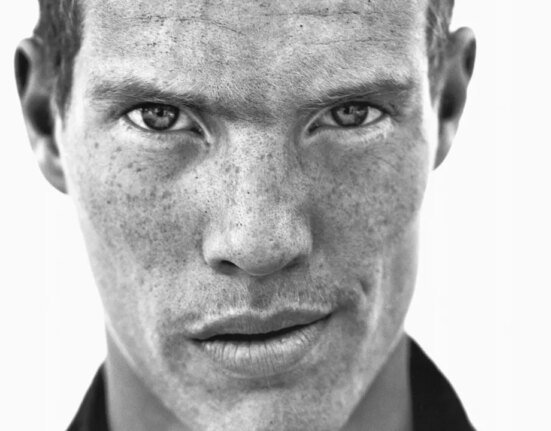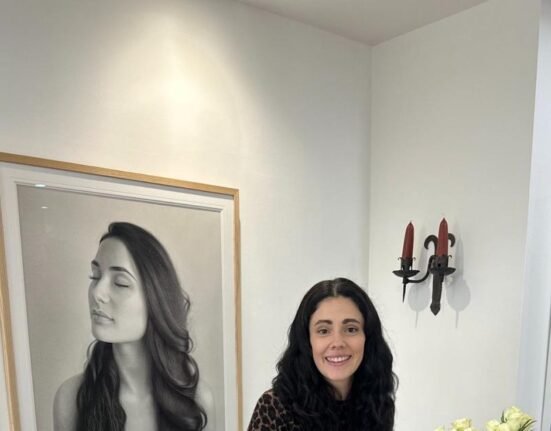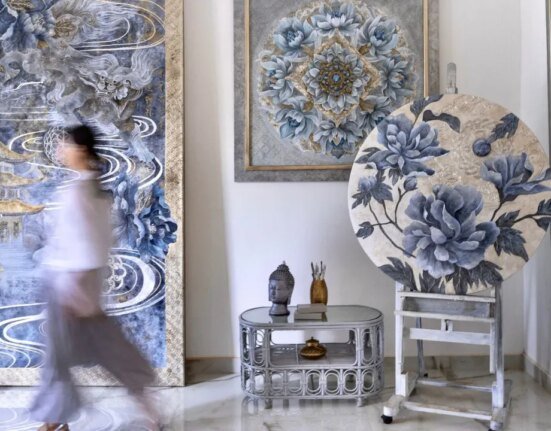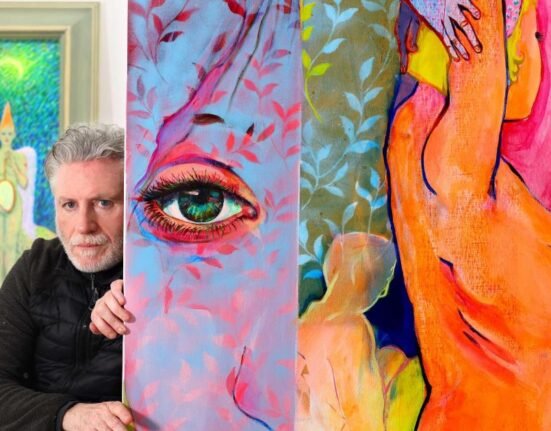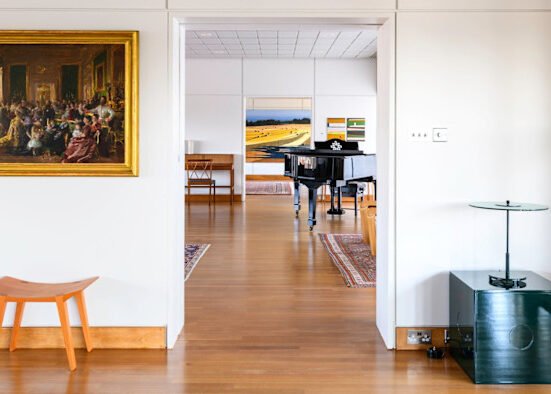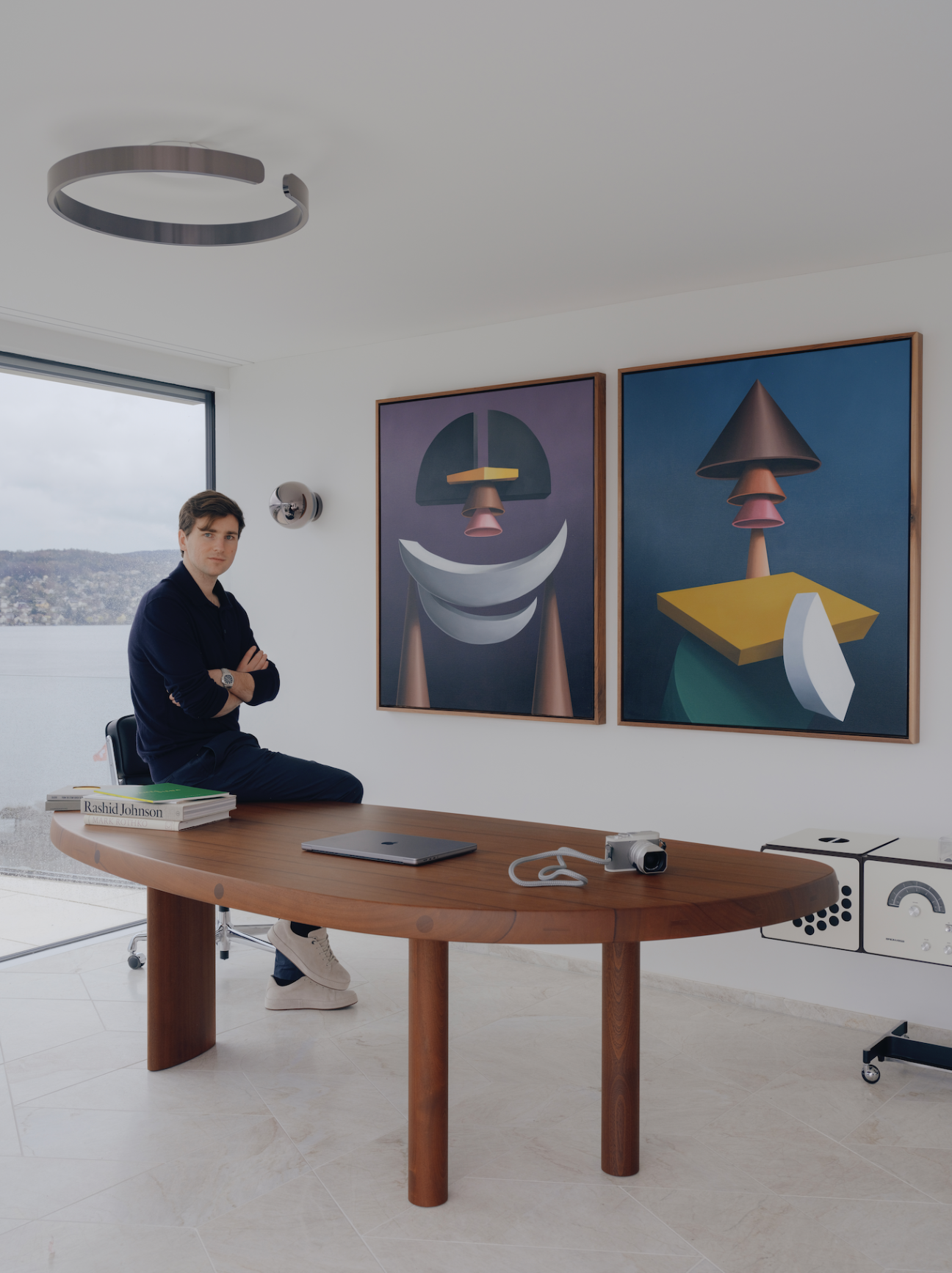
At home in Zurich, Tobias van Gils is surrounded by works that Swiss museums would clamber to get their hands on. Among the pieces in his breezy, minimalist enclave, the MLT Capital investor and collector has an edition of Jason Boyd Kinsella’s bronze Langston, 2023. “One of these editions is currently placed in the Henry Moore sculpture garden in London, right next to the Tate Britain,” he remarks proudly.
Van Gils traces back his interest in the art world not to a competitive streak, but to his desire to foster a bonding activity with his young son. “I started taking him to museums or shows once a week for his cultural upbringing, and this developed into an addictive passion for myself,” he admits. “I’d like for my son to be engaged with supporting the arts throughout his life, and hence hope to transfer this passion I’ve grown to him as well.”
Ahead of Art Basel, van Gils is already making space in his schedule, and on his home’s wide, white walls. He swaps the pieces on view regularly, and already has his eye on a few artists who could soon join the ranks. Despite noting the Swiss as a notoriously private bunch, he opened his door to CULTURED ahead of the scene’s busiest month, sharing his thoughts on the artists to watch, the unique perks of being a Zurich-based collector, and how his focus has shifted as his trove grows.
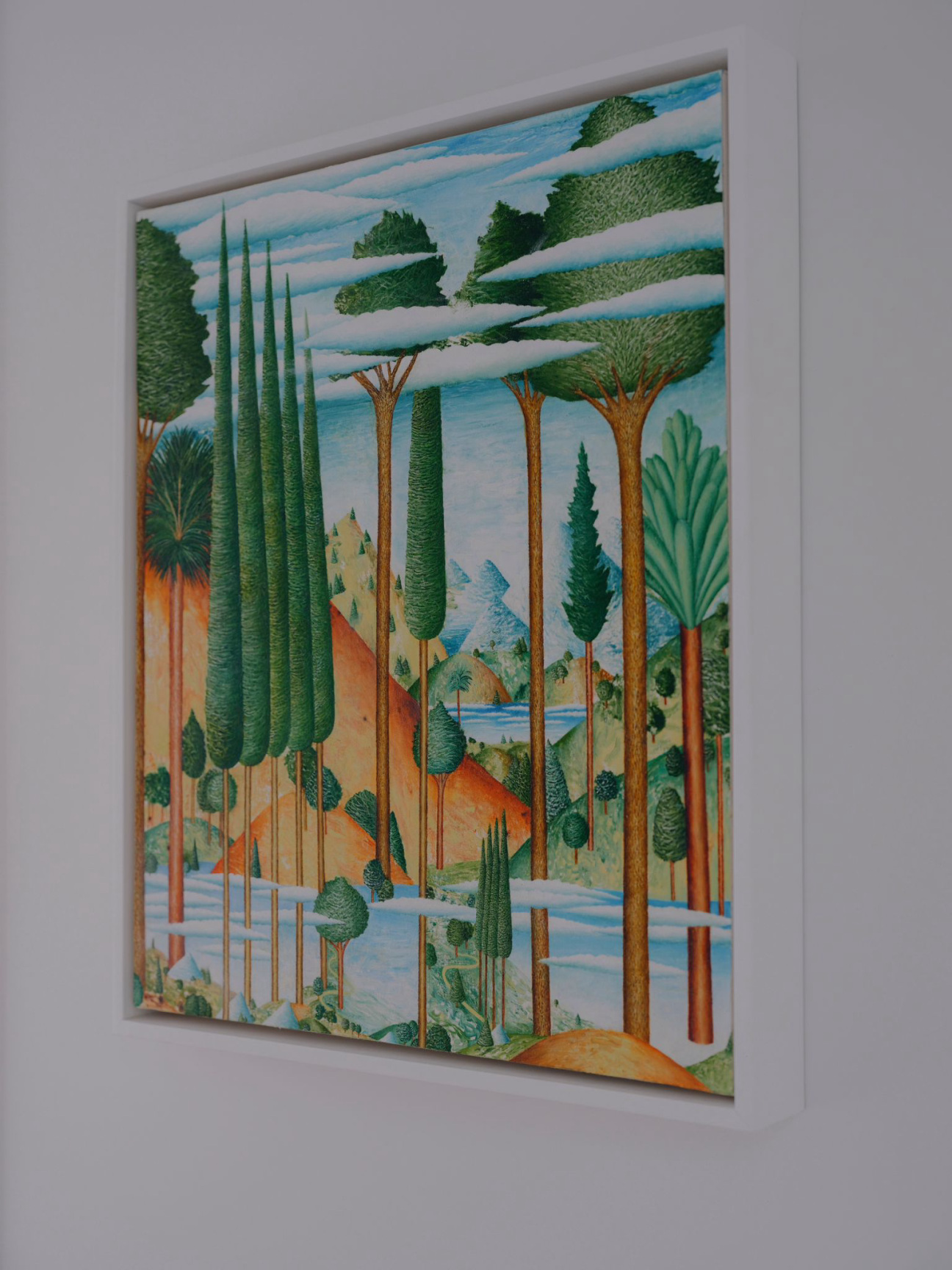
What do you think makes the local art scene distinct?
The Zurich art scene is truly unique, and it took me some time to fully appreciate it. The city boasts a rich cultural history, most famously as the birthplace of the Dada movement. Phenomenal art from various periods can be seen not only in museums but also in restaurants and hotels, showcasing incredible accessibility to great art in non-museum settings.
When I moved here a few years ago, I stayed at the Dolder Grand Hotel for the first few nights. This hotel is a prime example of Zurich’s unique integration of art into everyday environments. The driveway features sculptures by Keith Haring and Karel Appel, and as you walk through the hotel, you encounter works by Dalí, Murakami, Warhol, and Picasso.
There is an impressive and diverse community of collectors in the Zurich region as well. While privacy is highly valued in Switzerland, it’s remarkable to discover the stunning number of exceptional collectors with a keen eye for quality. Engaging with these collectors provides invaluable opportunities for exchange and learning.
Where does the story of your personal collection begin?
The beginning of my collection doesn’t have a specific story. One of the first artists I studied deeply and began collecting was Takashi Murakami. I remain captivated by his work from the early 2000s, especially how he was able to turn rather somber references to post-war Japan into artworks that evoked happiness and optimism for viewers. His 2010 show at the Palace of Versailles is, in my opinion, one of the most important contemporary art exhibitions.
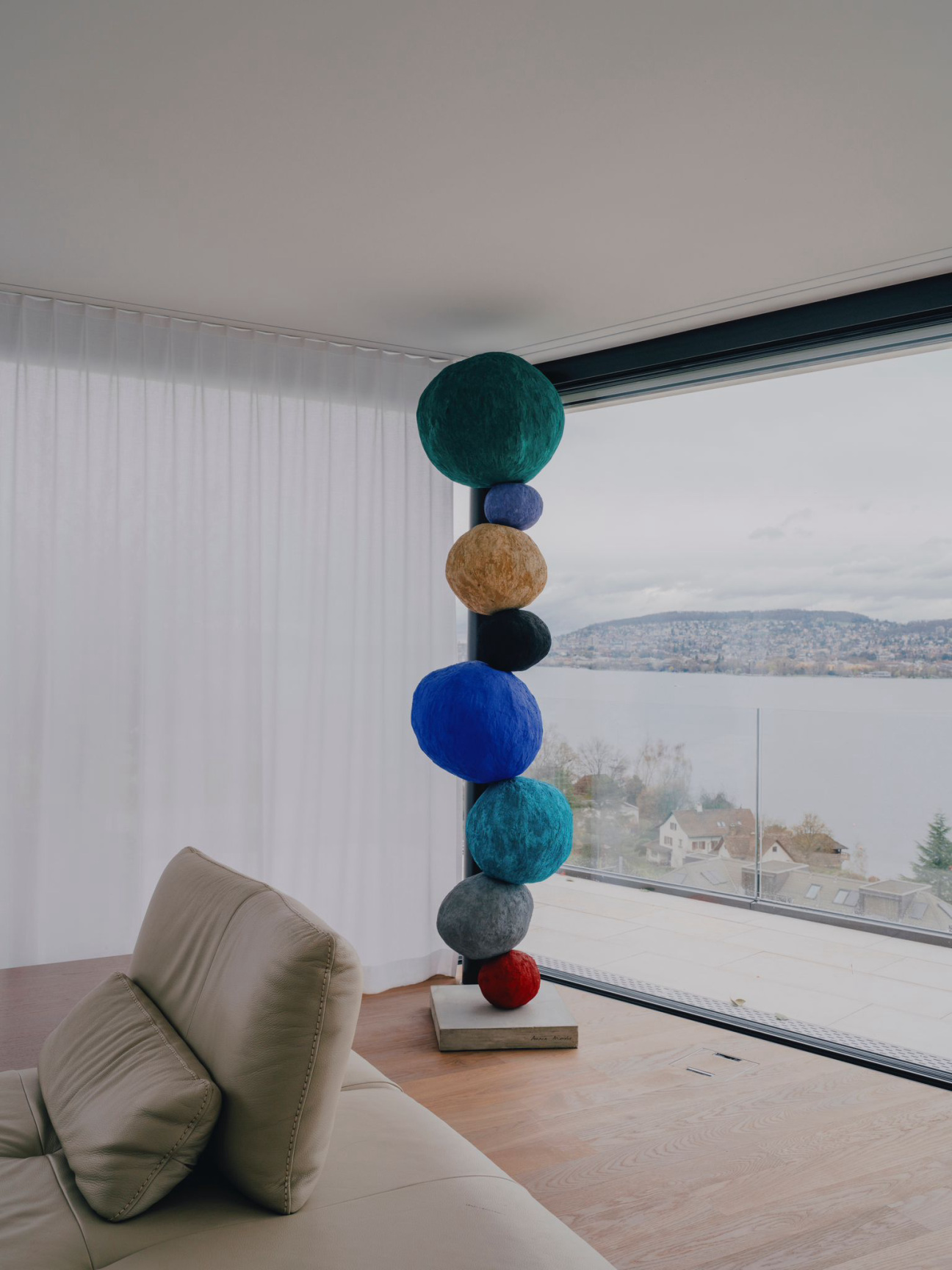
Which work in your home provokes the most conversation from visitors?
That will be the 8-stack by Annie Morris and a photograph of a Coca-Cola vending machine by Eiji Ohashi. Both works have an underlying meaning, which is a joy to explain to any visitor.
Which artist are you currently most excited about and why?
I’m very excited about Arghavan Khosravi, Marie Cloquet, and Rex Southwick. Both Arghavan and Marie are incredibly talented and creative in their artistic processes, integrating profound meaning and context within their unique methods. Rex, a very young and talented artist from London, also shows remarkable promise.
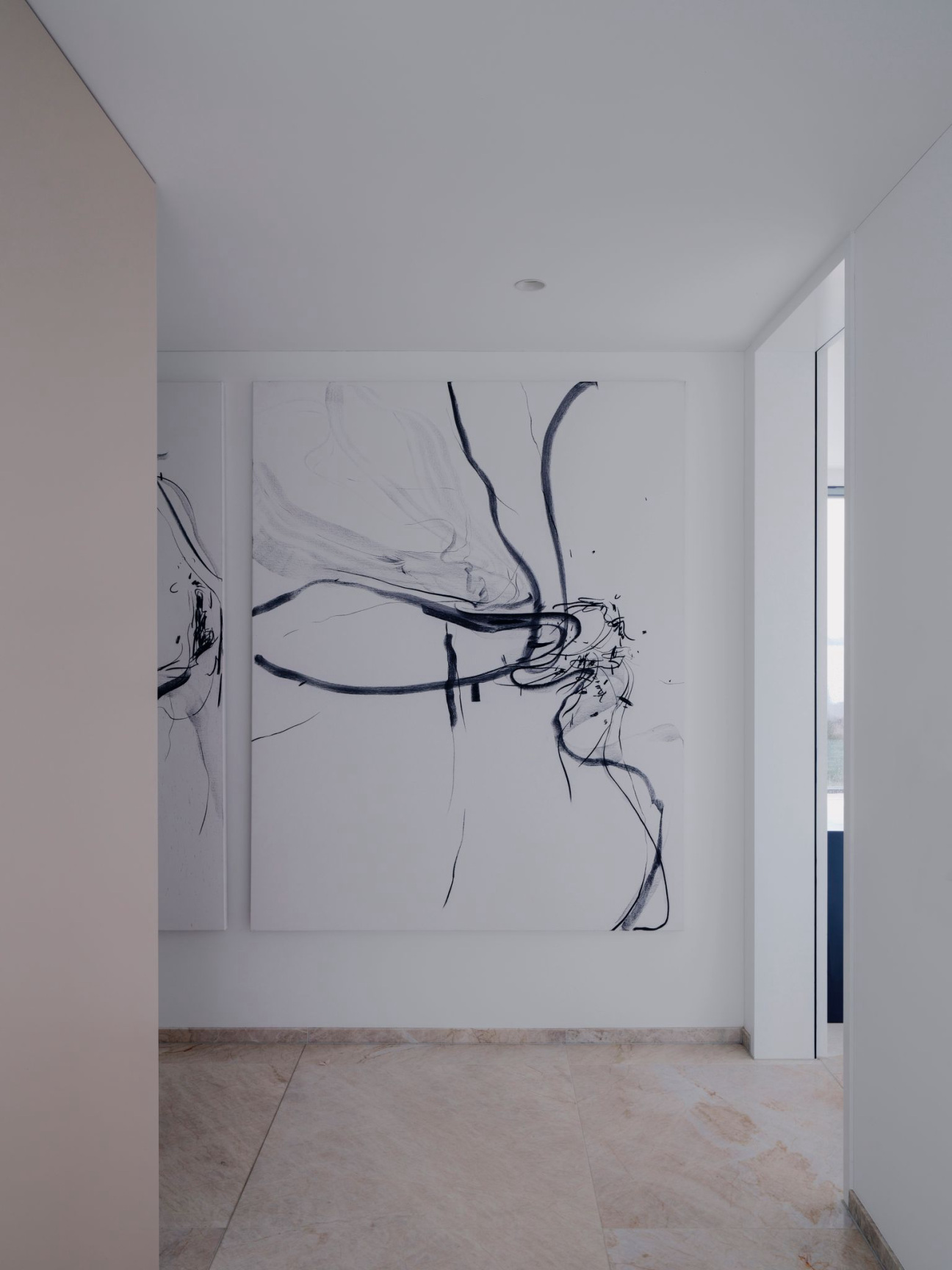
What factors do you consider when expanding your collection?
It’s just intuition. I must love a work when I see it, and that’s pretty much it.
What was the most challenging piece in your personal collection to acquire?
The bronze sculpture Langston by Jason Boyd Kinsella was probably one of the more challenging works to acquire. It is one of the masterpieces of his career, with other editions housed in prestigious museums. One of these editions is currently placed in the Henry Moore sculpture garden in London, right next to the Tate Britain. Having such a special sculpture in my home collection is an incredible honor.
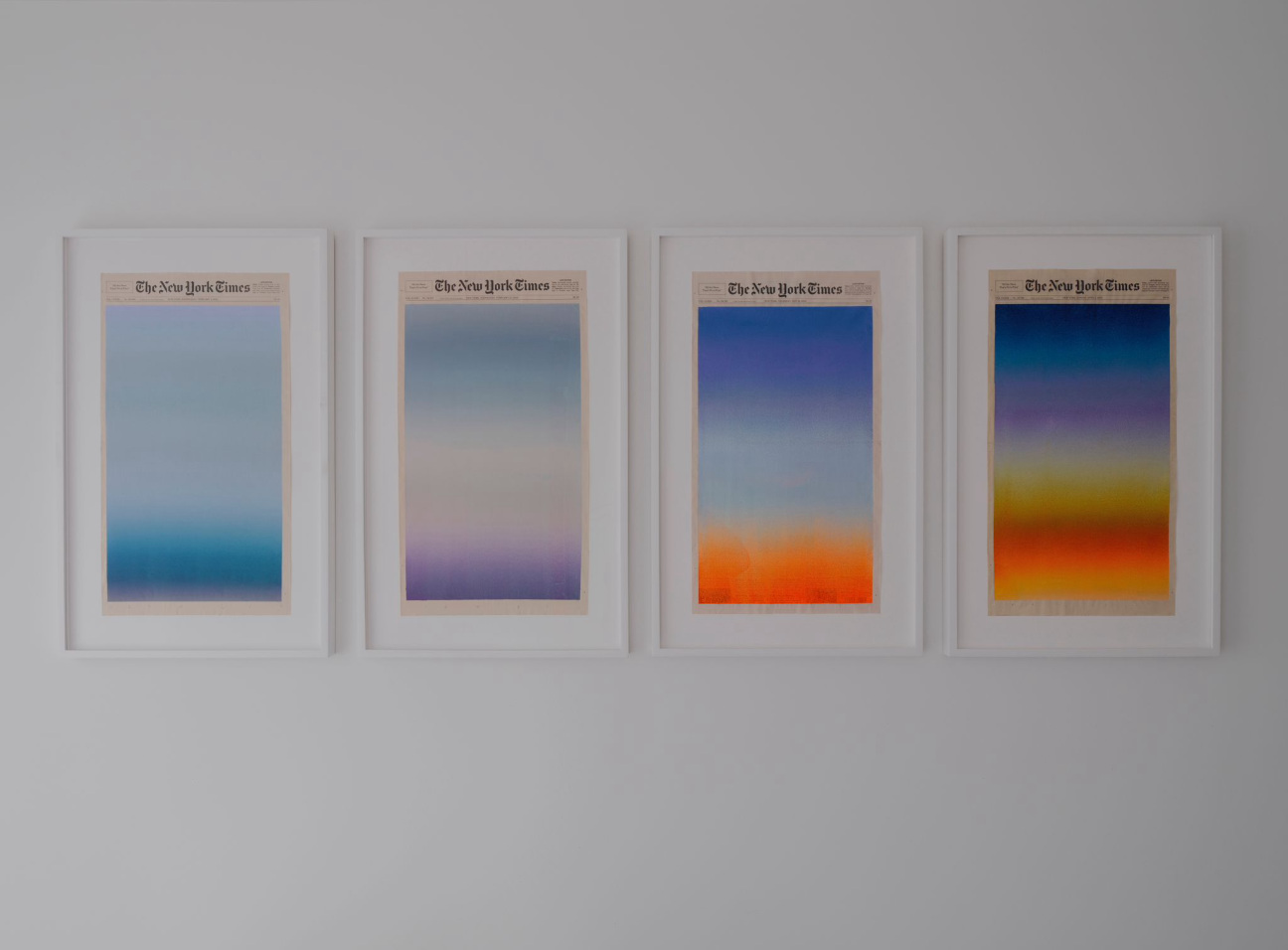
How has your collection changed as your home and space has changed?
I used to collect mostly larger works, but recently I’ve developed a preference for smaller paintings and sculptures as well. Swiss homes often have longer, narrower hallways with lower ceilings (but with loads of wall space), so I’ve adjusted the artwork sizes for these walls so I can enjoy the works better. My focus has also shifted towards acquiring the very best works of an artist and including more pieces from the 1990s and 2000s, rather than just the youngest works.
I also tend to rotate the works hung at home a few times a year (with the changing seasons). After Art Basel, I’m excited to rotate a few of the landscape works to make space for artists such as Mika Tajima, Jules de Balincourt, Fernando Botero, Louise Bonnet, Yayoi Kusama, and Jonas Wood. My Instagram will have a few snapshots once they’re installed at home again.
Sign Up for the Cultured Newsletter
Sure, we can be close friends. Unfiltered access awaits.

